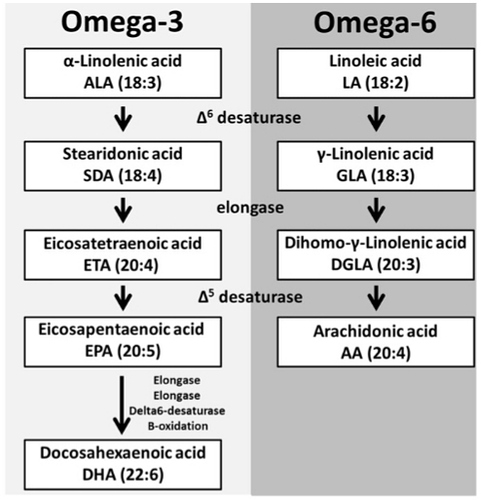I dont know if its true…but i heard that EFA’s lower cortisol? or block production? Reason i ask…
I am working out strenously 6x week while eating a fairly large deficit. I have been concerned about whether the combo of IF plus exercise plus larger calorie deficit is going to bump up cortisol production? But i heard someoen was working on lowering it by using EFAs. So… any thoughts as to whether it would be benefical? Do EFA’s raise calories?



